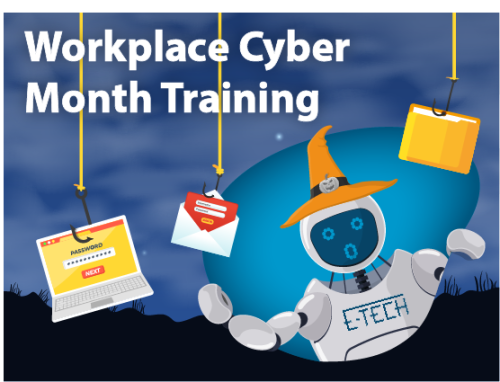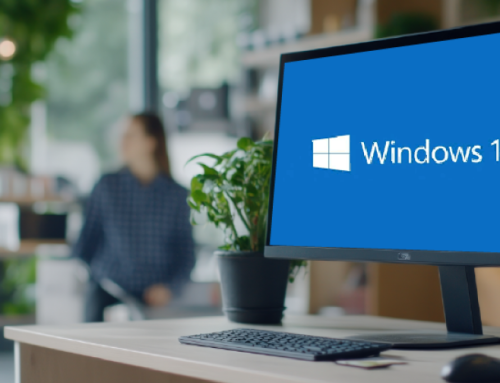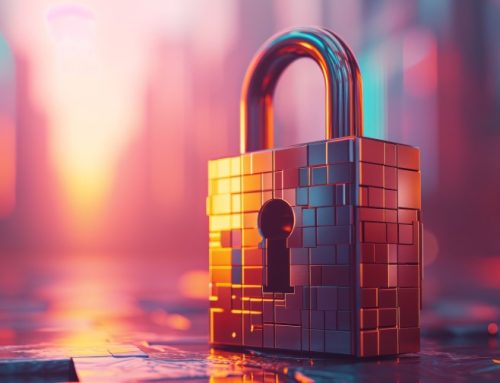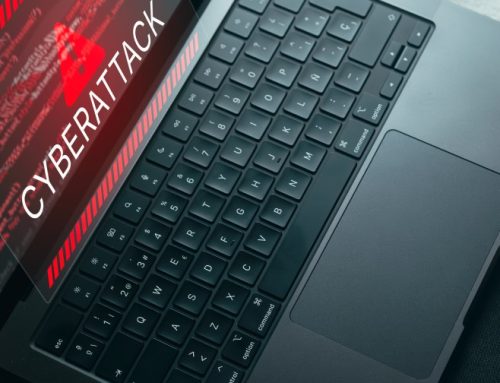Cyber security isn’t just for tech experts, it’s for everyone. From online shopping to social media and banking, we rely on digital tools daily. But every click, download, and login presents a potential risk. The good news? A few smart habits can make a world of difference.
5. Back Up Your Data Regularly
Ransomware can lock you out of your files until you pay a ransom. Protect yourself by keeping backups on a separate drive or secure cloud service.
2. Turn On Two-Factor Authentication (2FA)
2FA adds a second layer of security, usually a text code or app verification to confirm it’s really you logging in. Even if a hacker steals your password, they can’t get past that extra step.
3. Keep Software and Devices Updated
Hackers often exploit outdated software. Enable automatic updates for your operating system, browsers, and apps. It only takes a few minutes but closes major security holes.
1. Create Strong, Unique Passwords
Reusing passwords is one of the biggest mistakes people make. If one account gets hacked, all your accounts become vulnerable.
Tip: Use a passphrase like “Coffee$hopSunrise2025!” instead of something simple like “password123.” Password managers like Bitwarden can help you store them securely.
4. Beware of Public Wi-Fi
Public Wi-Fi networks in cafés, airports, or hotels are convenient but risky. Hackers can easily intercept your data.
Tip: Avoid online banking or shopping on public Wi-Fi unless you’re using a trusted VPN (Virtual Private Network).













